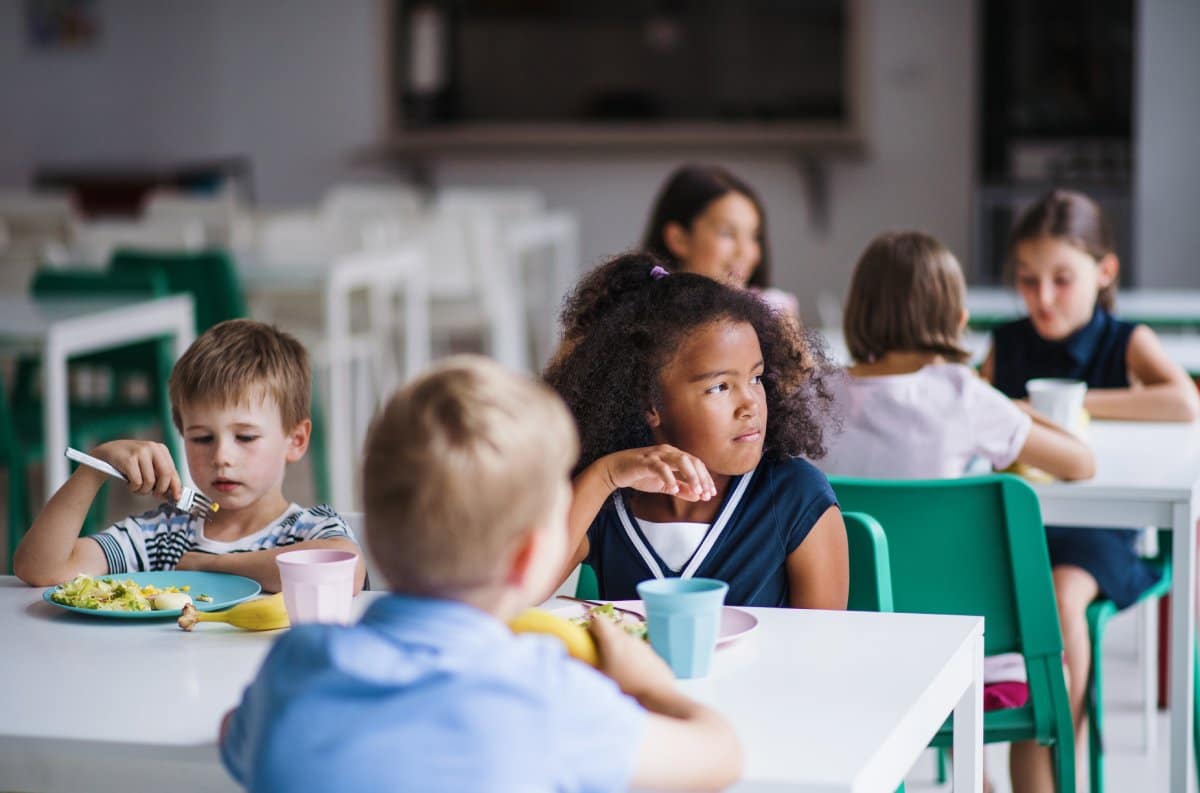A recent NFER report has highlighted the shocking effect the cost-of-living crisis is having on the nation’s teachers and schoolchildren. Here’s the full story.
Damning Indictment

In a damning indictment of government education, a new report from the National Foundation for Educational Research (NFER) has revealed that a significant number of teachers in England are using their own money to provide essential items for students.
Growing Impact
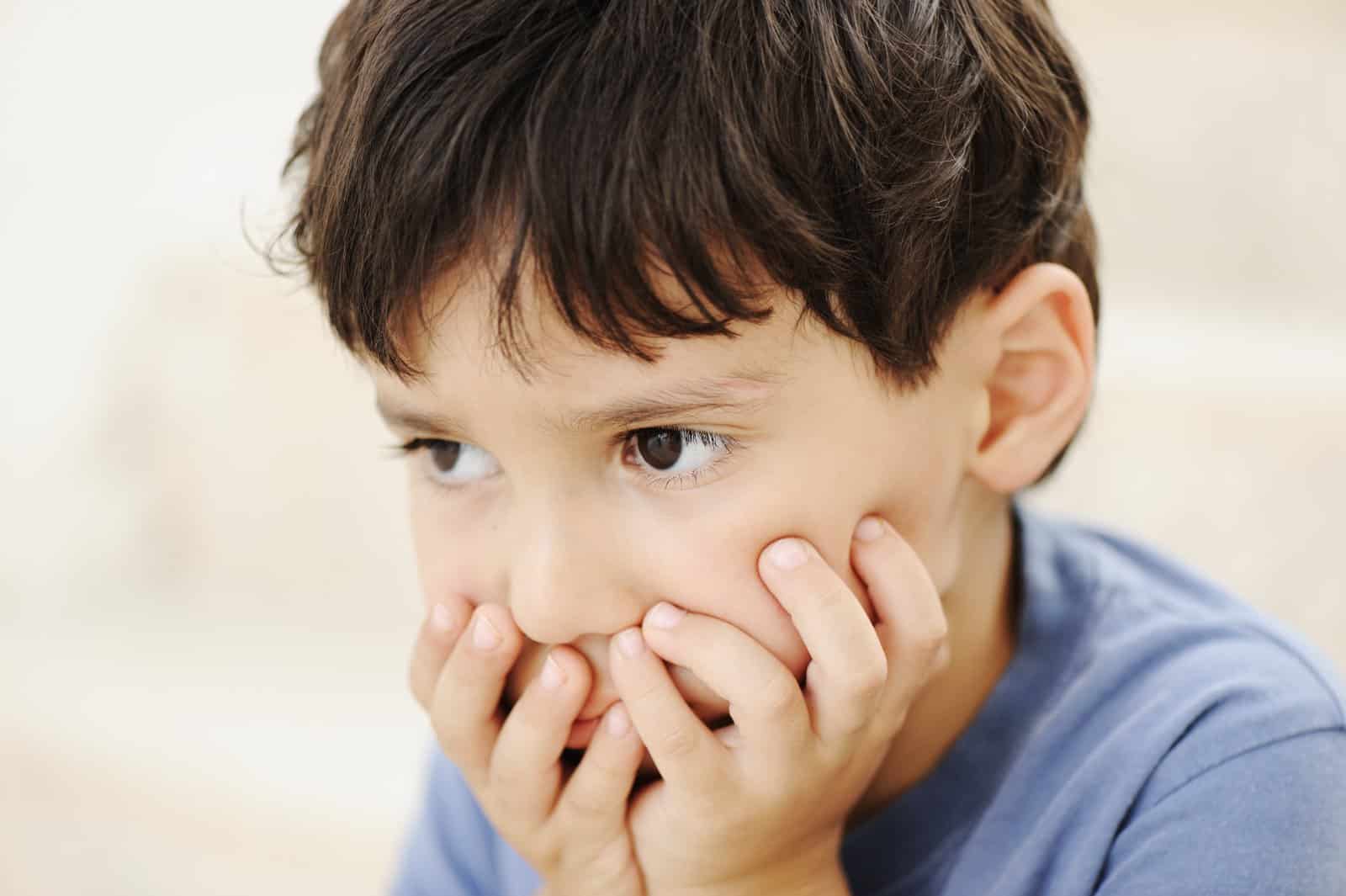
The findings highlight the growing impact of the cost-of-living crisis on children, many of whom are arriving at school hungry and without proper clothing, such as school uniforms or winter jackets.
1,300 Teachers
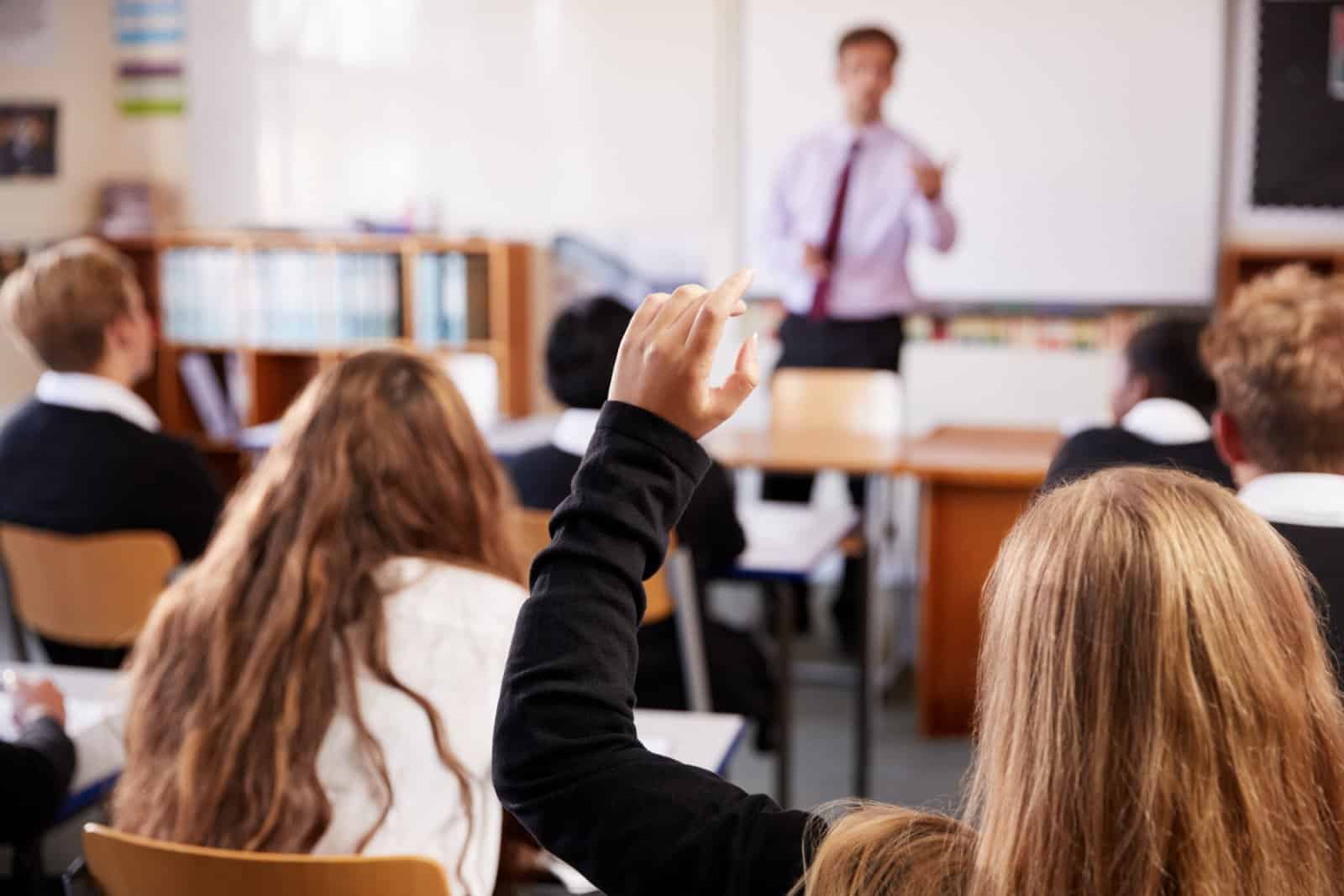
The report draws on a survey of nearly 1,300 teachers and senior leaders across England’s mainstream primary and secondary schools.
Grim Reading
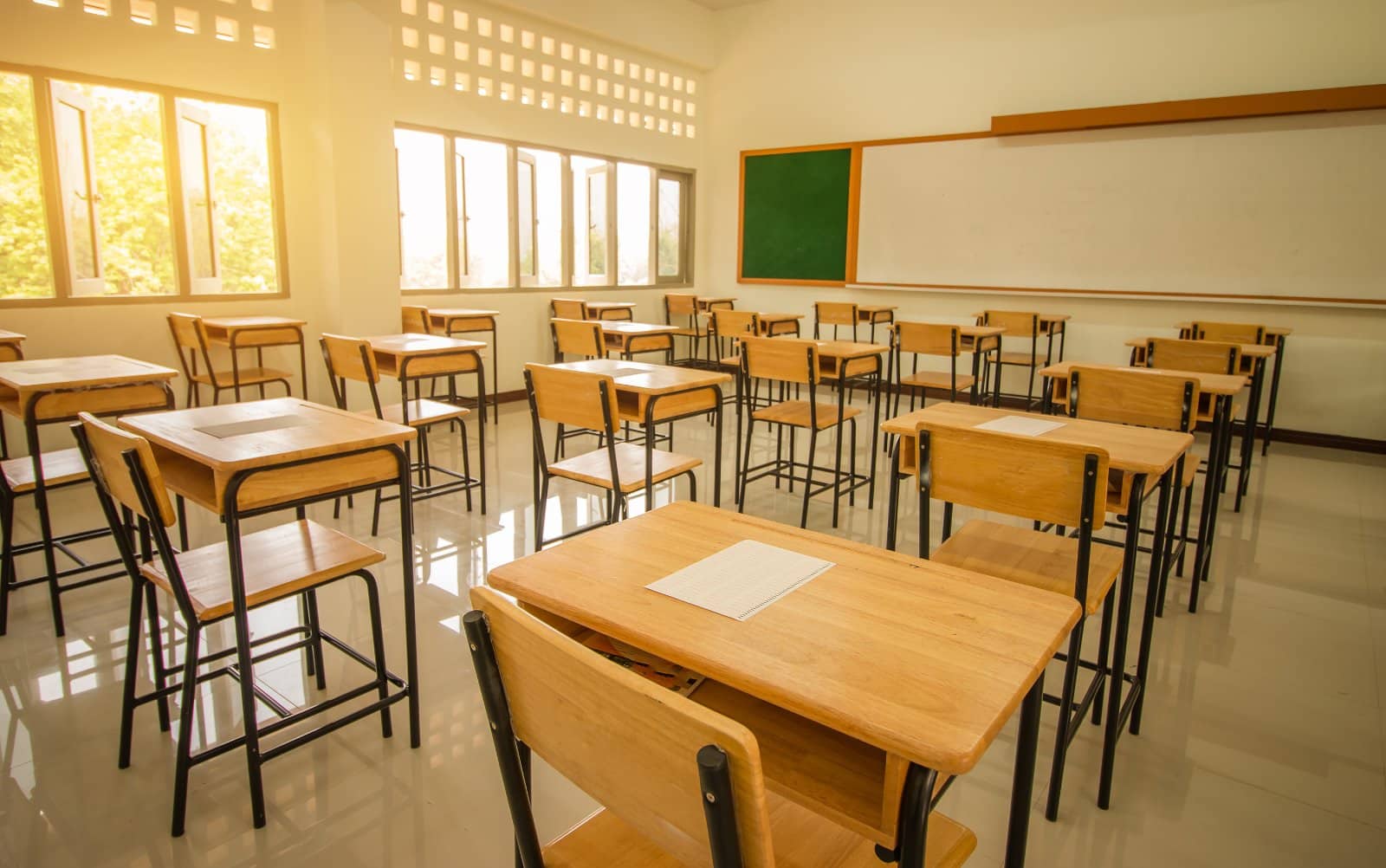
The NFER’s research makes for grim reading, as it shows a horrifying increase in the number of children coming to school without having eaten and lacking proper clothing.
One Third of Teachers

Nearly a third (31%) of primary school teachers have seen students arriving hungry, while 40% have noted a rise in children whose parents cannot afford to clothe them adequately.
Widespread Issue

Shockingly, the trend is considerably more widespread than just being in primary schools, with similar issues reported in secondary schools, though at slightly lower rates.
“Arriving at School Hungry”
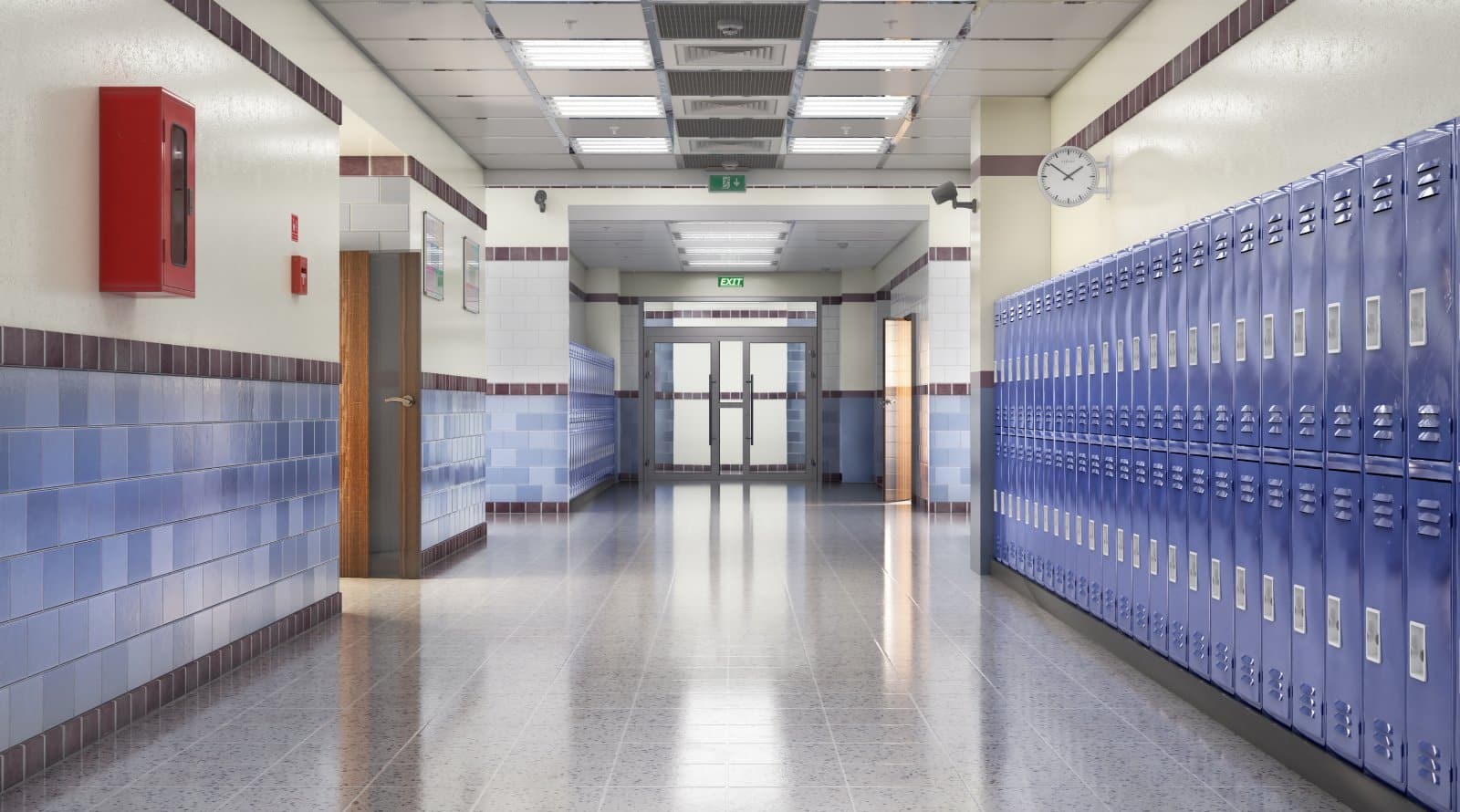
Daniel Kebede, the general secretary of the National Education Union (NEU), stated, “The fact that children are arriving at school hungry, with unsuitable clothes and having to be supported by teachers out of their own pockets, says everything we need to know about the impact that child poverty and the cost-of-living crisis is having on children and young people.”
Spending Their Own Money

Many teachers are spending their own money to help struggling students address their needs and ensure that they do not fall into levels of poverty that would have been expected in the Victorian era.
79 and 62% of Teachers

The survey found that 79% of primary and 62% of secondary teachers have purchased food, clothing and school supplies for their pupils.
Devastating Number

A genuinely devastating number of primary school teachers (25%) reported spending over £100 in the past academic year, with nearly one in five (19%) explicitly buying food or clothing for students.
“Above and Beyond”
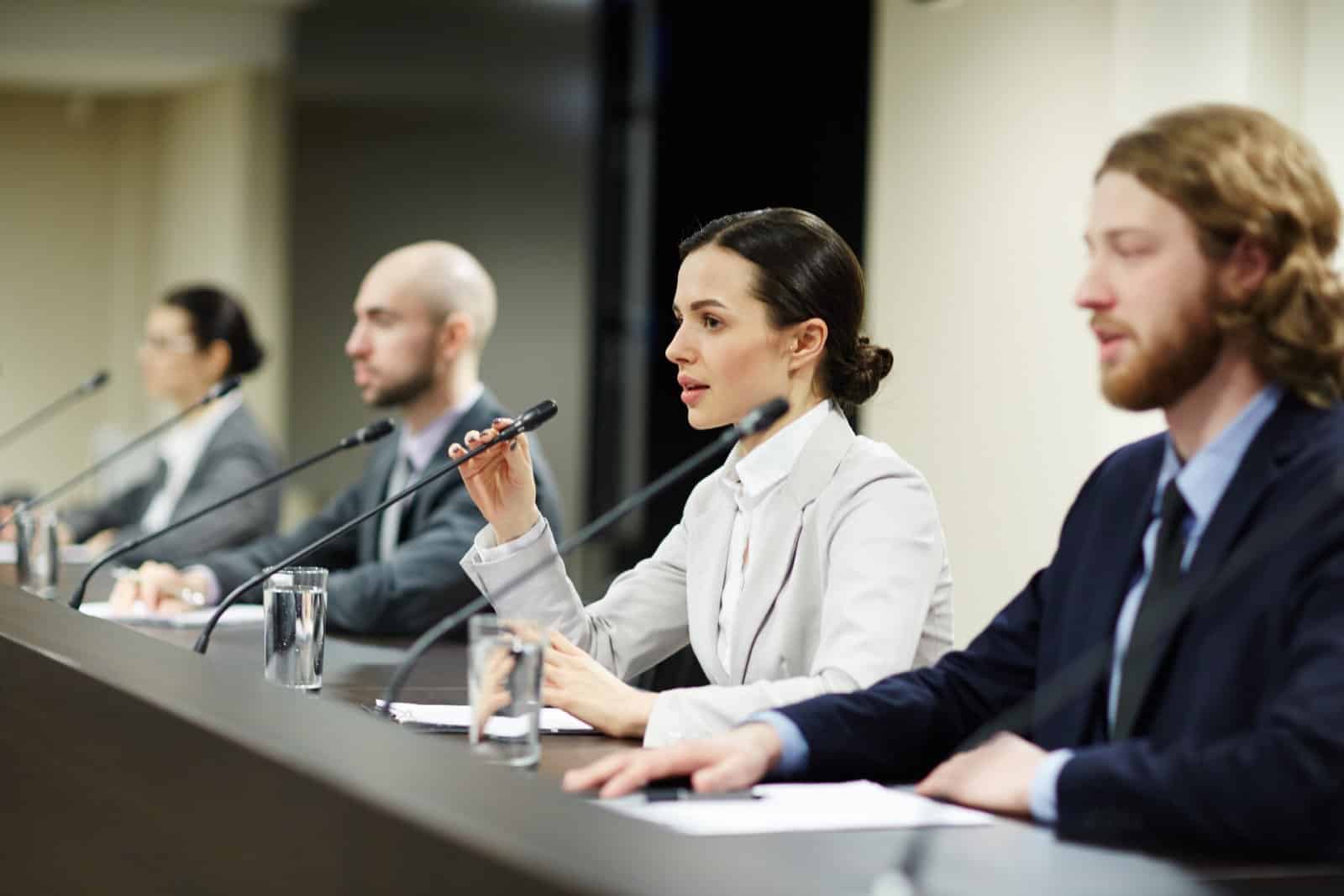
Jude Hillary, NFER’s co-head of UK policy and practice, stated, “Teachers are going above and beyond to meet pupils’ pastoral needs using their personal funds. This unrecognised, informal support is being offered at a time when teachers individually continue to face their own financial pressures.”
School Budgets

Unsurprisingly, the report also shows that the financial strain felt by the country’s teachers and students also extends to school budgets.
Budget Cuts

Due to cost pressures, 93% of primary and 87% of secondary school leaders have had to make cuts in at least one area, affecting crucial areas such as building improvements. 46% of primary leaders and a third of secondary leaders have cut plans for infrastructure enhancements.
“Cost of Living”

Hillary stated, “The cost of living is one of a number of significant cost pressures leading to schools having to make incredibly difficult trade-offs in their core provision – including staffing, teaching and learning.”
Free School Meals

The NFER advocates extending eligibility for free school meals and targeted funding to improve student well-being.
Twice as Many Kids Being Fed
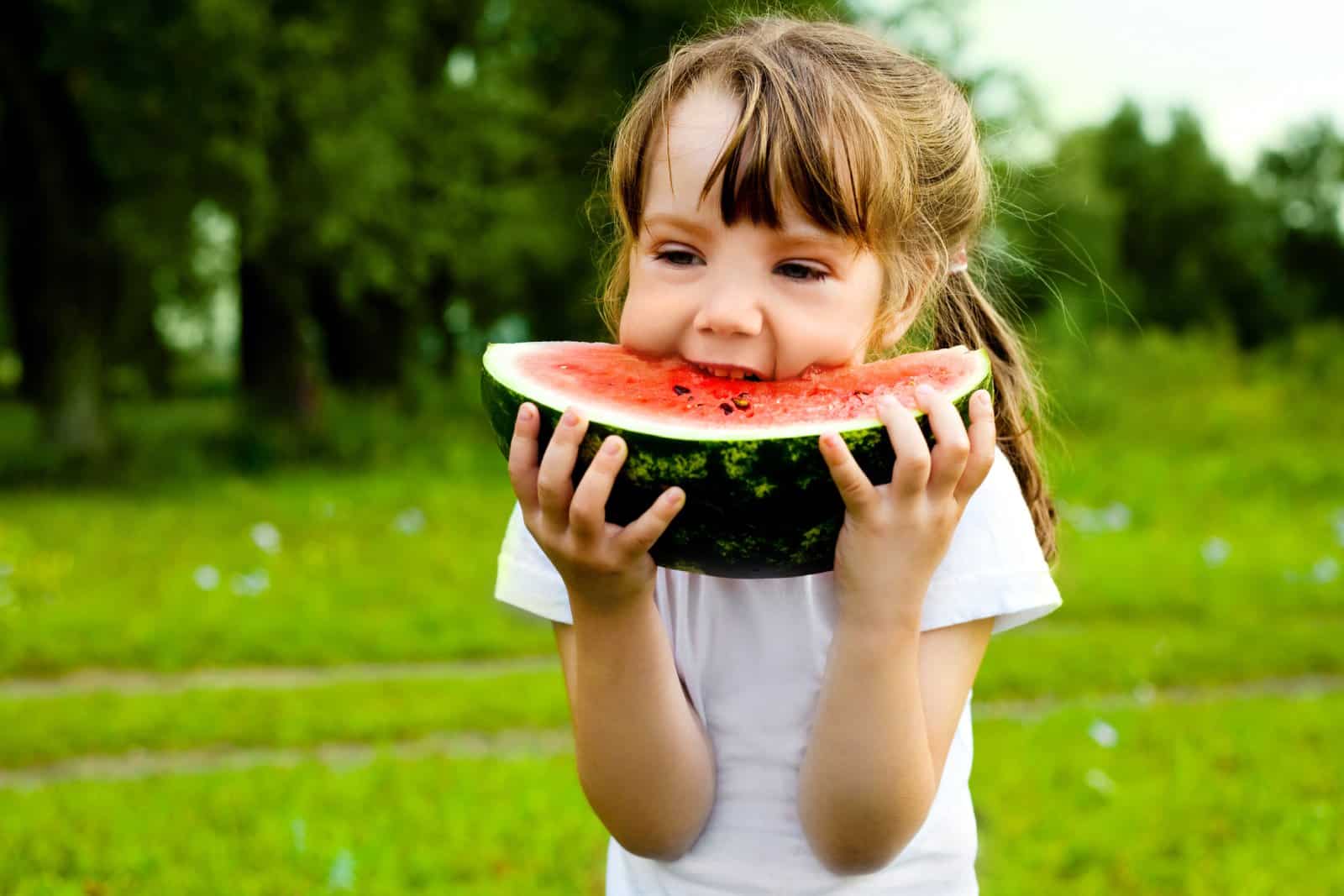
Due to the cost of living crisis squeezing family budgets, free school meals have been extended to more groups of children than ever before, with the number of recipients doubling since 2010.
“Stop Children From Going Hungry”

Pepe Di’Iasio, general secretary of the Association of School and College Leaders (ASCL), stated, “It’s deeply troubling that significant numbers of young children are arriving at school without the basic necessities anybody would require to be in a fit state to learn. Politicians cannot just sit back and rely on the goodwill and finances of teachers and school leaders to stop children from going hungry.”
“From One-Sixth to One-Third”

A Conservative party spokesperson attempted to defend the government against the findings, stating, “Under the Conservatives, free school meals have been extended to more groups of children than any other government over the past half-a-century – doubling the number of children receiving free school meals since 2010 from one-sixth to one-third.”
“Our Plan”

They continued, “Our plan to set children up for a brighter future is working as we continue to climb up international education rankings and boost school funding to the highest ever level in real terms.”
Unthinkable Deprivation
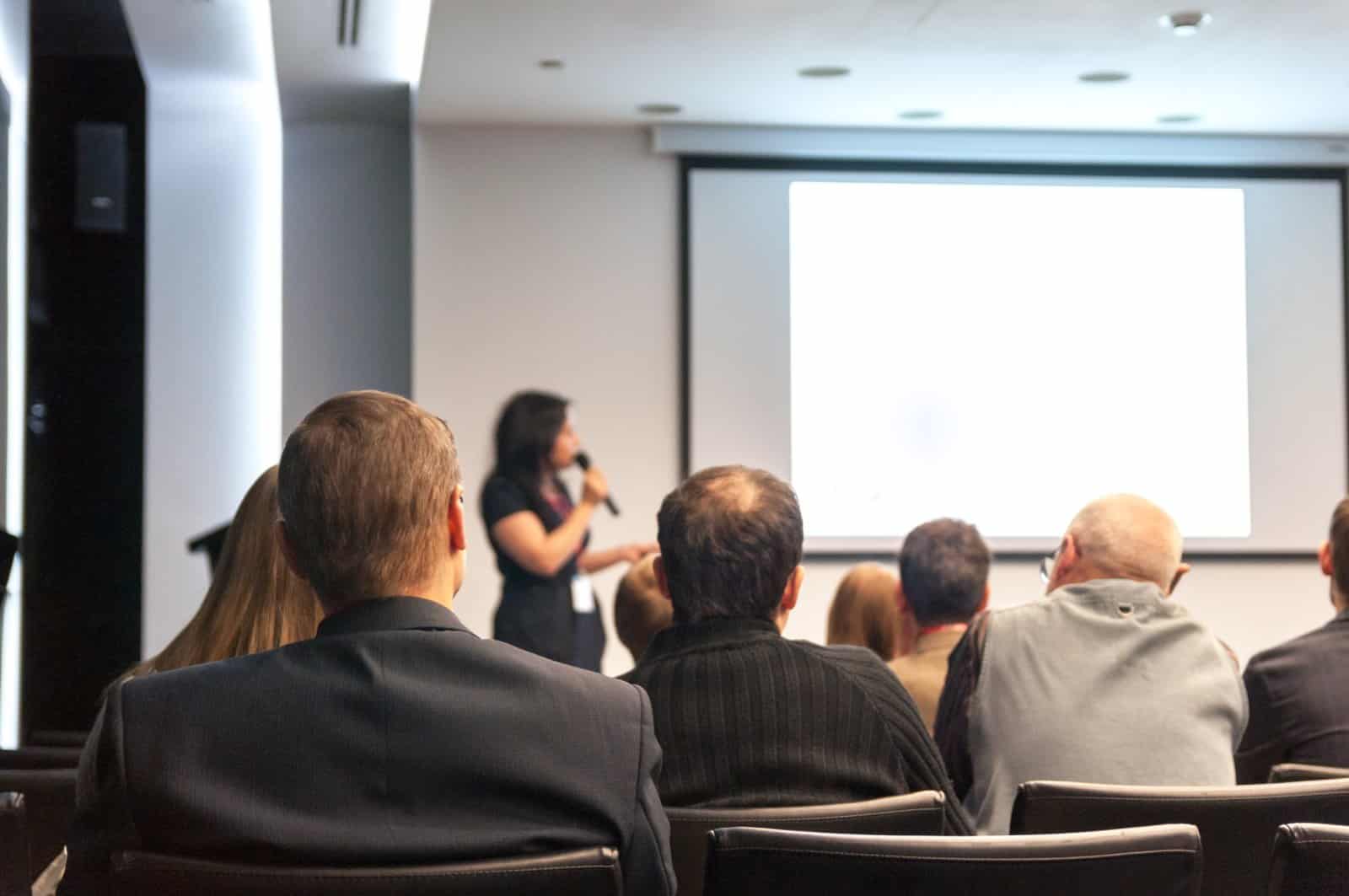
The NFER’s report and the responses from educational leaders underscore a broader societal issue: the impact of almost unthinkable levels of deprivation on children’s education.
Filling the Gap

As more families struggle with rising living costs, schools and teachers are increasingly called upon to fill gaps, often at their own expense.
Sixth Richest

The findings of the NFER report are a damning indictment of how the sixth richest country in the world treats those over which it supposedly has a duty of care.
Forgotten Schoolchildren

With children going hungry in 2024, it remains to be seen whether this latest report will focus government attention on those deserving of the most care and who are frequently forgotten: the nation’s schoolchildren.
25 Things You CAN’T Talk About Anymore
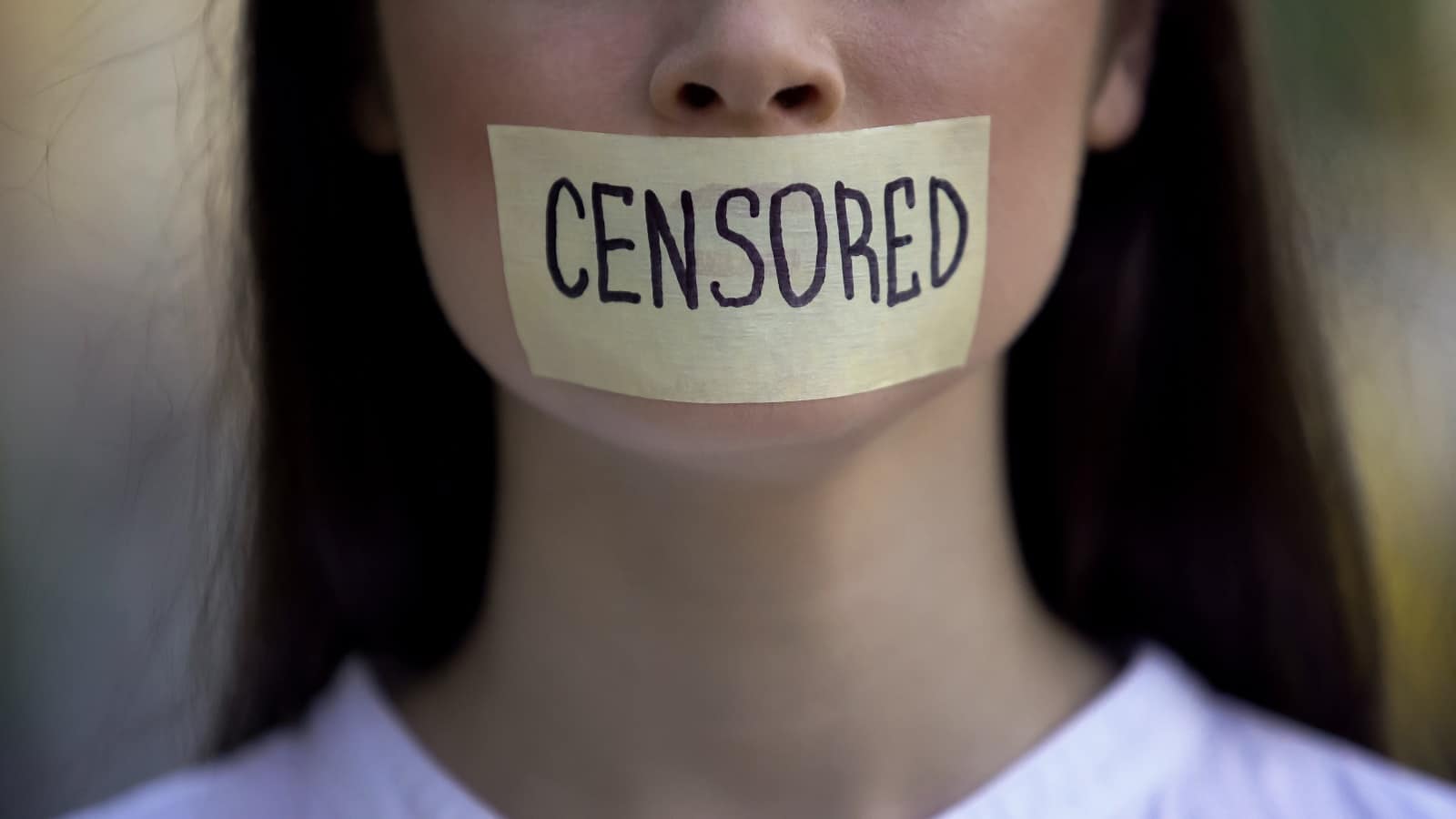
Remember the days when you could freely discuss just about anything without fear of sparking controversy? Well, those days are long gone. In today’s hyper-sensitive world, there are topics so fraught with tension that even mentioning them can lead to heated debates and hurt feelings. 25 Things You CAN’T Talk About Anymore
Stranded: 15 Worst British Cars in History
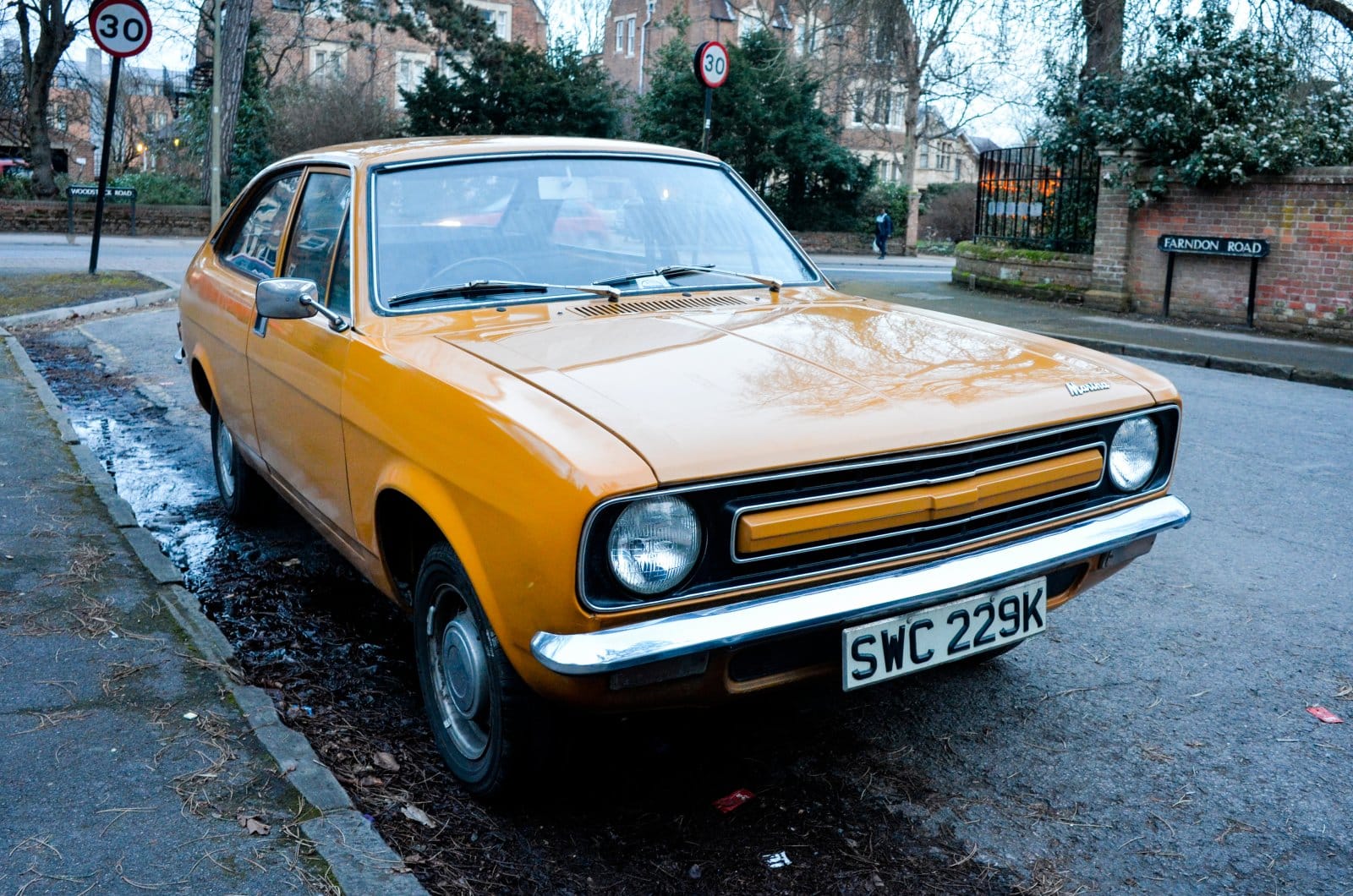
Ever had a car that spent more time with the mechanic than on the road? A car that turned every journey into a game of “Will we actually get there?” If so, you might just see a familiar face (or should we say, chassis) in our countdown to the most unreliable British car in history. Stranded: 15 Worst British Cars in History
“Britain Will Become Unrecognizable” – Suella Braverman Spells Disaster for UK Amid Steep Rise in Visas Issued

Former Home Secretary Suella Braverman has warned that Britain will become “unrecognizable,” criticizing the amount of work visas the Home Office has approved, despite only being removed from her role in November. “Britain Will Become Unrecognizable” – Suella Braverman Spells Disaster for UK Amid Steep Rise in Visas Issued
20 Things From the ‘70s That Are Not OK Today

Step into the time machine and set the dial to the 1970s, a decade of disco, bell-bottoms, and some rather questionable choices. While the ’70s gave us iconic music and groundbreaking TV, not everything from this groovy era would get a green light today. 20 Things From the ‘70s That Are Not OK Today
20 Best and Worst Universities in the UK
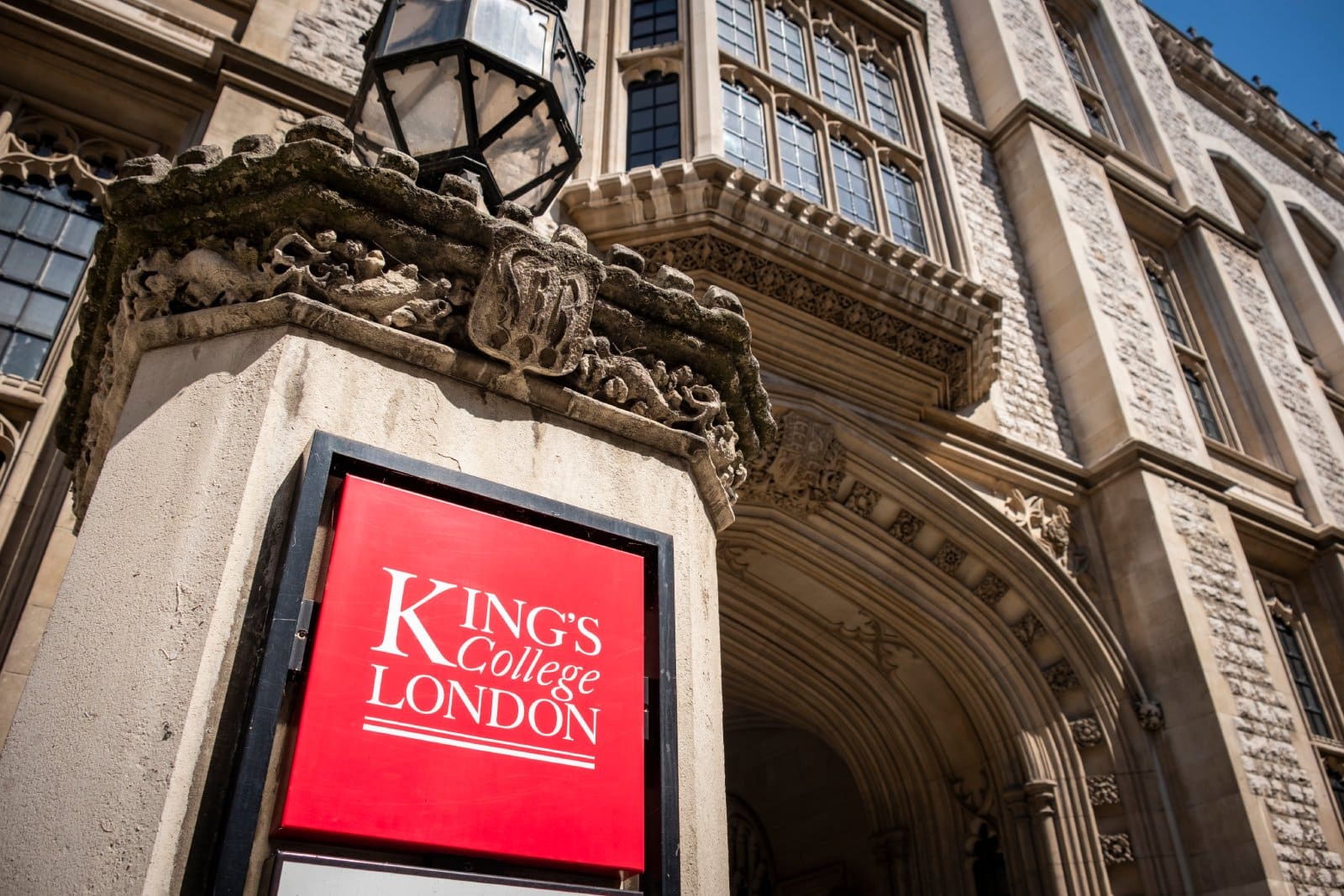
Navigating the UK university landscape is like deciphering a complex code of rankings, reviews, and reputations to uncover where you’ll not just learn, but truly flourish. Whether you’re drawn to the historic halls of Oxford or the creative buzz of Goldsmiths, finding your perfect fit is about aligning your aspirations with the unique offerings of each institution. 20 Best and Worst Universities in the UK
The post New Report: Teachers Dipping Into THEIR OWN Pockets to Help Kids Amid Cost-Of-Living Crisis first appeared on Edge Media.
Featured Image Credit: Shutterstock / Ground Picture.
Grant Gallacher is a seasoned writer with expertise in politics and impactful daily news. His work, deeply rooted in addressing issues that resonate with a wide audience, showcases an unwavering commitment to bringing forth the stories that matter. He is also known for satirical writing and stand up comedy.

